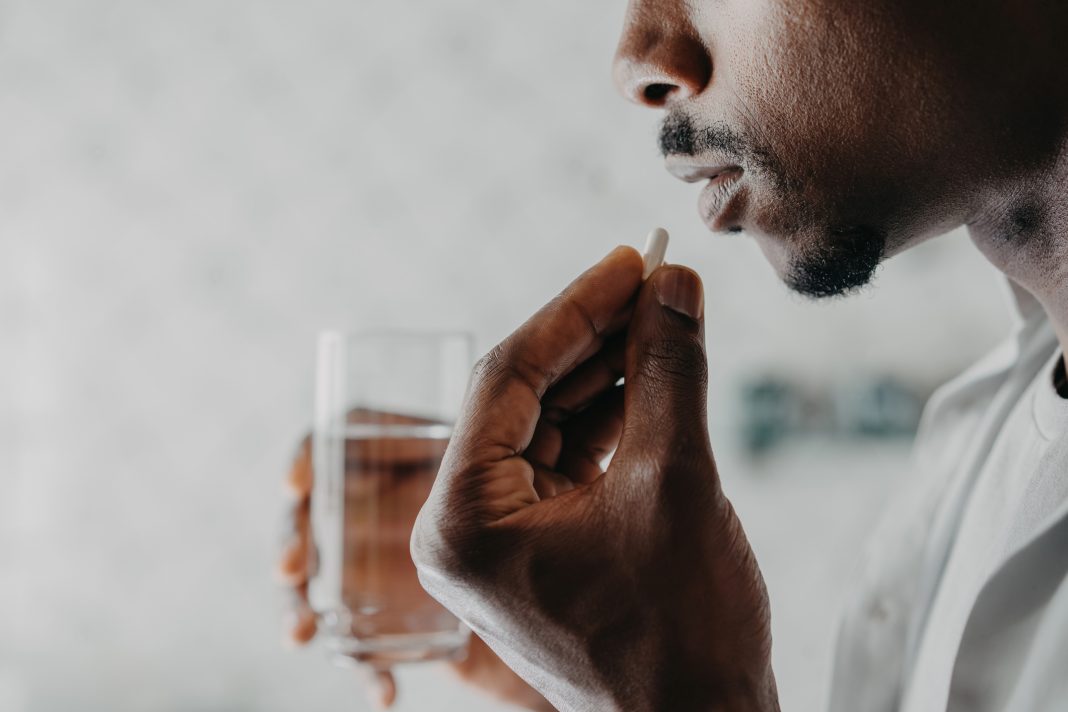Cosmo Feilding-Mellen, CEO, Beckley Psytech, charts the role of psychedelics in mitigating Treatment Resistant Depression
According to the World Health Organization, there are 280 million people globally living with depression, and a third of those do not respond to initial medication.
This leads to a condition called Treatment Resistant Depression (TRD) and, as the name suggests, it’s difficult to treat. In recent years, however, we’ve seen increasing evidence that synthetic psychedelic compounds can help those with TRD where conventional therapies cannot. Here, we break down why a new approach is needed and what the latest science is telling us.
When it comes to treating neuropsychiatric and mental health conditions, we have to accept that one size does not fit all. For some, talking therapies like cognitive behavioural therapy plus antidepressants like selective serotonin reuptake inhibitors (SSRIs) work wonders. But for millions of others, they don’t.
Treatment Resistant Depression is diagnosed when a patient’s first and second lines of depression treatment hasn’t made them feel better or has only made them feel partially better. Evidence suggests that TRD can affect up to a third of people who have depression and we also know that 60% of patients discontinue or switch their conventional SSRIs within 12 weeks due to side effects. This means there is a huge unmet need for better therapies for individuals suffering from TRD, with millions around the globe grappling with depression that doesn’t improve or relent – even by application of the ‘best’ that medicine currently has to offer. This is where psychedelics could make a big difference.
How synthetic psychedelic compounds are shifting the narrative
Psychedelics work by inducing a ‘window of neuroplasticity’ in the brain, which opens up the possibility for new synaptic connections to be formed. These connections play an important role in areas like learning, memory, and behaviour, so these compounds create the space for new behaviours or patterns of thinking to be developed. This ability makes psychedelics so interesting in the case of treating depression: the psychedelic experience can help patients unearth and address the source of an issue in a new way.
The science backs this up. A 2022 study by the Centre for Psychedelic Research at Imperial College London found that psilocybin increased brain connectivity in people with depression, while researchers at Johns Hopkins demonstrated how a single psilocybin treatment for Major Depressive Disorder can be effective for up to a year for some patients.
There may be promise also for sub-perceptual doses or microdosing: a recent study showed how adults who microdose report lower levels of anxiety and depression compared to those who don’t.
Latest trials & promising results
An example of a clinical trial in this space is the Phase IIa study of Beckley Psytech’s synthetic 5-MeO-DMT compound, BPL-003, for Treatment Resistant Depression. In collaboration with King’s College London, the Phase IIa trial is exploring the safety, efficacy, and pharmacokinetics of a single dose of BPL-003, in combination with psychological support, in patients with TRD with moderate to severe symptoms who are not taking concomitant antidepressants.
It’s still early days and this is just one of many trials taking place around the world, but we are proud to play a part in developing alternative therapies for people in need which are safe, effective, and practical.
Globally, other progress is happening as well. From July, Australia will allow approved psychiatrists to prescribe MDMA and psilocybin to some patients to help them deal with post-traumatic stress disorder and TRD respectively. And in 2022, it was revealed that the Biden administration was looking into greenlighting some psychedelic therapies for PTSD and depression by 2024.
What’s next for Treatment Resistant Depression
The psychedelic pharmaceutical market, valued at $3.61 billion in 2021, is projected to climb to $8.31 billion by 2028, according to InsightAce Analytic. This interest and growth are hardly surprising considering the huge unmet need and the promising research emerging from industry and academia.
However, for those living with depression, these novel remedies can’t come quickly enough. Clinical trials and gradual progress are encouraging, but we must do much more. If and when the treatments make it to market, they’ll be an entirely new type of treatment, and we’ll need to work together to get them to the people that need them most.
That means patients, clinicians, payers, regulators, industry, and academia working together to build a new health infrastructure that can deliver these treatments in an affordable, equitable and scalable way. The time for collaboration is now.


